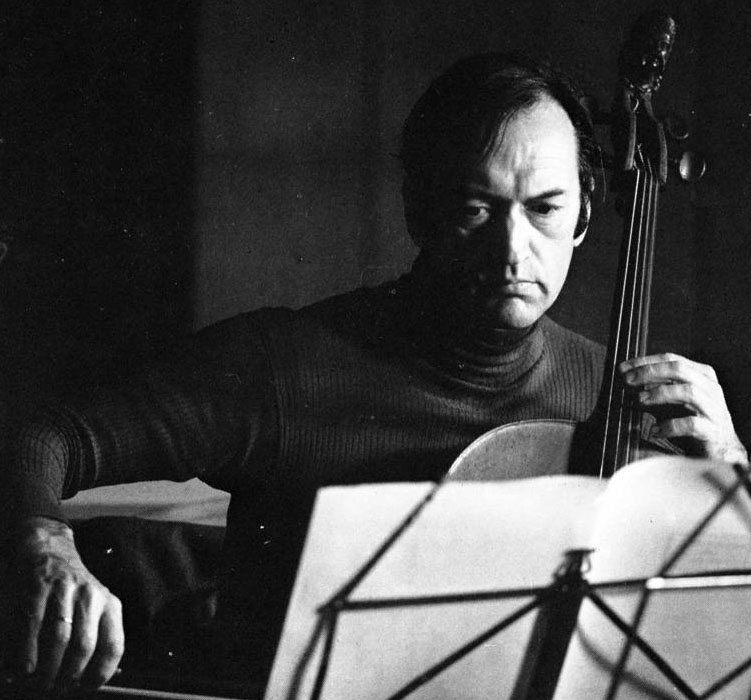Harnoncourt: You realise how few conductors are interested in the music
mainAlice Harnoncourt has published a family history left by her husband for their children, replete with many reflections on his 17 years as a front-desk cellist in the Vienna Symphony Orchestra.
His coment above continues: ‘For most conductors, the concert hall is just an arena where they perform masterly dressage as tamers.’
Plus ca change?

Nikolaus Harnoncourt: Meine Familie. Herausgegeben von Alice Harnoncourt. Residenz-Verlag, Salzburg 2018.





Comments